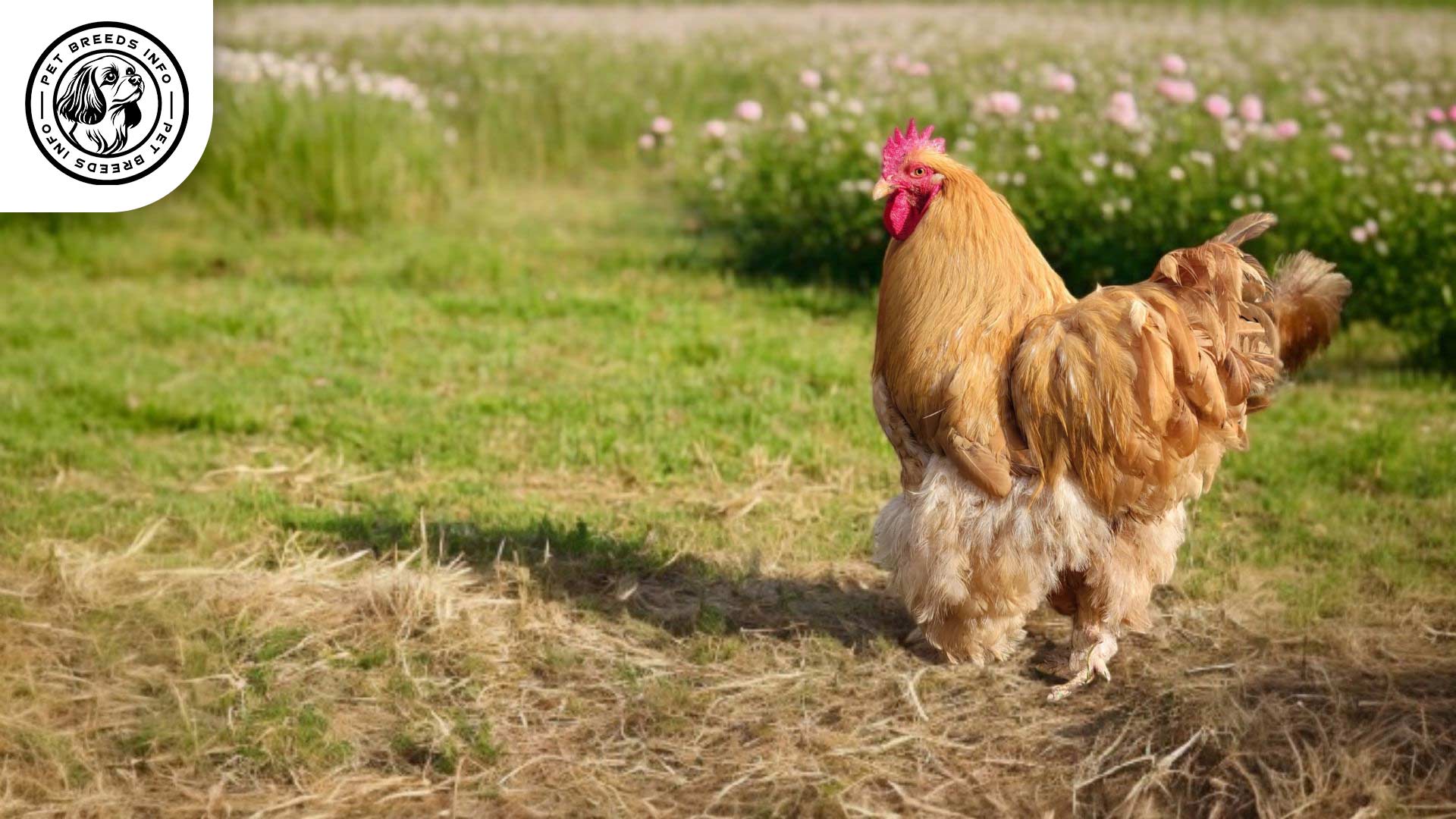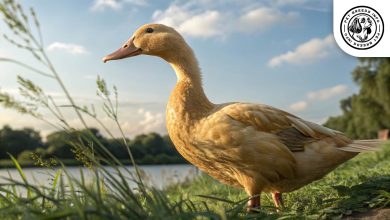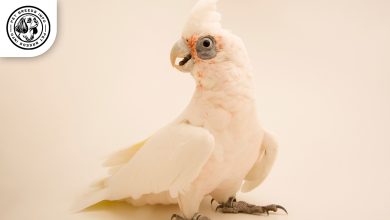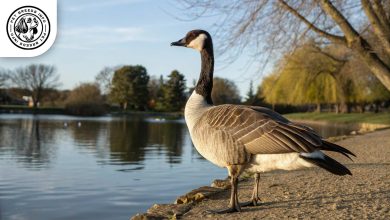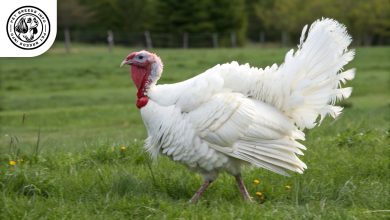Cochin Chicken Breed: Personality, Lifespan, Food & Care
General Introduction of the Breed
The Cochin Chicken, known as “Cochin Fowl,” is a large and fluffy breed of domestic chicken originating from China. It was introduced to the Western world in the mid-19th century and quickly gained popularity due to its impressive size and feathered legs.
The breed was originally brought to Europe and North America through Vietnam, where they were mistakenly believed to have originated. Cochins played a major role in sparking chicken breeding enthusiasm, known as “Hen Fever,” during the 1800s.
Table of Contents
| Common Name | Cochin Chicken |
| Scientific Name | Gallus gallus domesticus |
| Origin | China (introduced via Vietnam to the West) |
| Size | Large – Roosters: 10–12 lbs, Hens: 8–10 lbs |
| Lifespan | 8–10 years |
| Colors | Black, white, buff, blue, partridge, barred |
| Talking Ability | None (not a talking species) |
| Noise Level | Low – calm and quiet birds |
| Social Behavior | Very friendly, affectionate, integrates well with humans and other poultry |
Physical Characteristics
Cochin Chickens are large, with roosters typically weighing between 10-12 pounds (4.5-5.5 kg) and hens weighing around 8-10 pounds (3.5-4.5 kg). They have a heavy, broad body covered in an abundance of soft feathers.
Their plumage comes in a variety of colors, including black, white, buff, blue, partridge, and barred. They are famous for their full feather coverage, including on their legs and feet.
Cochins have round, bright eyes, which are usually reddish-brown in color. Their comb is single and medium-sized, while the wattles and earlobes are red. Their tail is short and well-rounded, blending seamlessly into their abundant feathering.

Personality and Temperament
Cochin Chickens are known for their docile and friendly nature. They are intelligent and easy to handle, making them popular among backyard poultry keepers and exhibition breeders.
Despite their size, they have a low energy level and are not very active birds. They prefer foraging at a slow pace rather than constant roaming.
They are very affectionate and form strong bonds with their owners. Cochins are also known to be excellent mothers and often go broody.
Their calm temperament makes them ideal for families with children and homes with other poultry breeds. They generally lack aggressive tendencies and integrate well with other chickens.
Care and Maintenance Requirements
Cochin Chickens require minimal exercise as they are not very active birds. However, they still enjoy having space to roam in a secure outdoor area.
Due to their large size, they do best in spacious coops that allow them plenty of room to rest comfortably. They are well-suited for both free-ranging and coop living.
Their thick feathering means they require regular grooming. Occasional brushing helps prevent dirt buildup in their leg feathers. They shed moderately and maintain their feathers well with dust baths.
While they tolerate cold weather well, thanks to their dense plumage, Cochins are sensitive to excessive heat. Proper ventilation and shade are crucial in hot climates.
Read More: Lutino Lovebird
Due to their feathered feet, it is important to keep their living area dry and clean to prevent foot-related issues. Regular nail trimming and checking for pests or infections are also recommended.
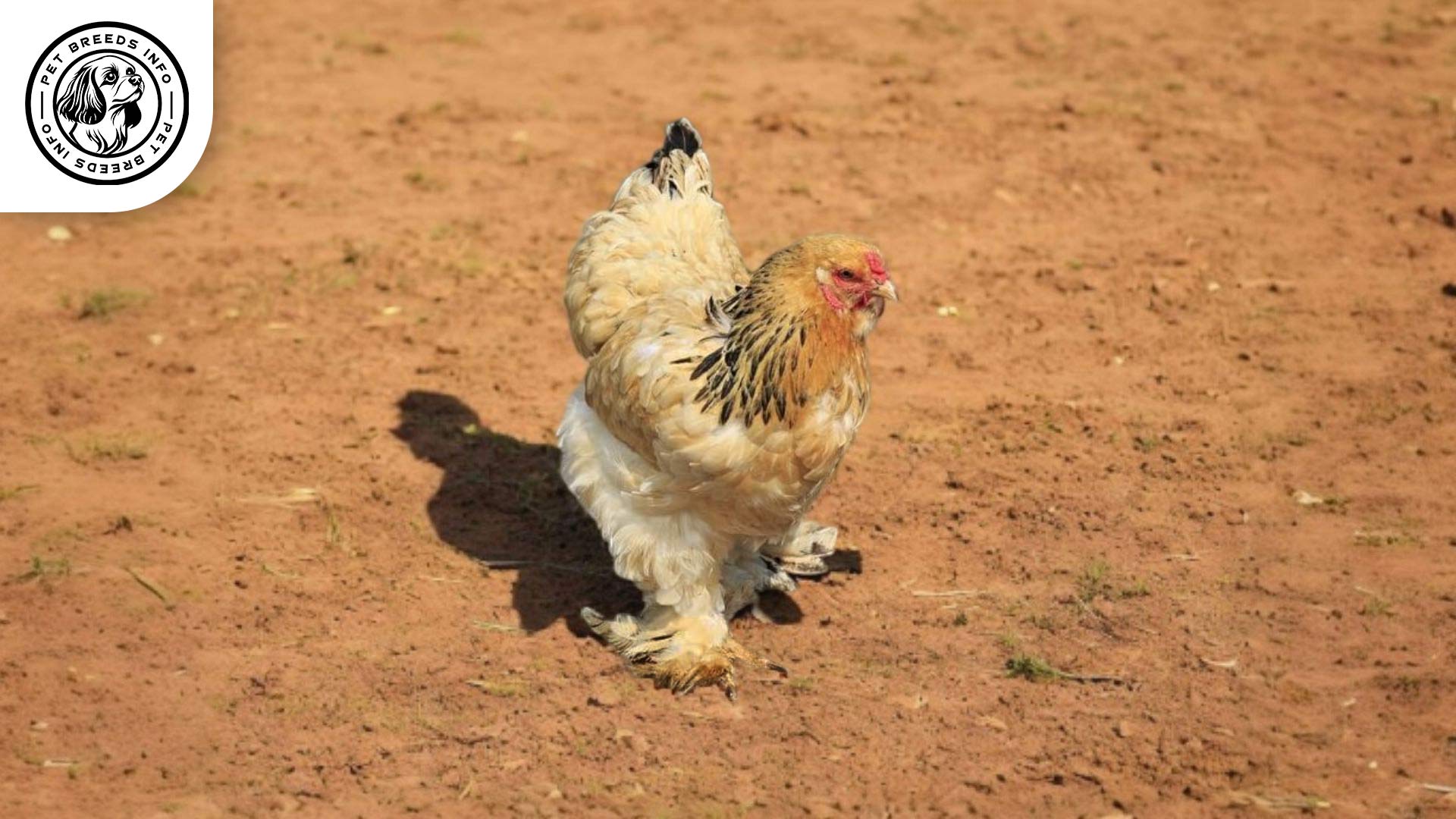
Diet and Nutrition
Cochin Chickens require a balanced diet that includes high-quality poultry feed, grains, and occasional treats like fruits and vegetables.
They have a tendency to gain weight, so it is important to monitor their diet and avoid excessive feeding. A diet rich in protein during molting seasons helps maintain optimal feather health.
Foods like chocolate, avocado, and onions should always be avoided, as they are toxic to chickens.
On average, Cochins should have consistent access to food, with portion control to prevent obesity.
Health and Common Medical Issues
Cochin Chickens are generally healthy and hardy birds. However, due to their feathered legs and feet, they are prone to foot injuries, mites, and scaly leg mites.
They can also suffer from obesity due to their low activity level, which can lead to joint and mobility issues as they age.
The breed has an average lifespan of 8-10 years, depending on their care and environment.
Routine vaccinations and regular veterinary check-ups help prevent common poultry diseases. Providing clean water, nutritious food, and a sanitary living environment are key to their well-being.
Read More: Orpington Chicken
Training and Behavior Management
Cochin Chickens are easy to train, as they are docile and human-friendly. They respond well to positive reinforcement, such as treats and gentle handling.
Early interactions help develop their friendly nature and ensure they remain calm around humans. Hand-feeding allows them to bond and trust their caretakers.
They do not require extensive behavioral training but enjoy socialization with other chickens and humans.
Interaction with Other Animals and Humans
Cochins are excellent with children and make great family pets due to their gentle and affectionate nature. They enjoy being handled and are rarely aggressive.
They coexist well with other chicken breeds, especially other docile chickens. Their peaceful demeanor makes them a great addition to mixed flocks.
They thrive in both small-scale backyard environments and larger farms, as long as they receive proper care and attention.
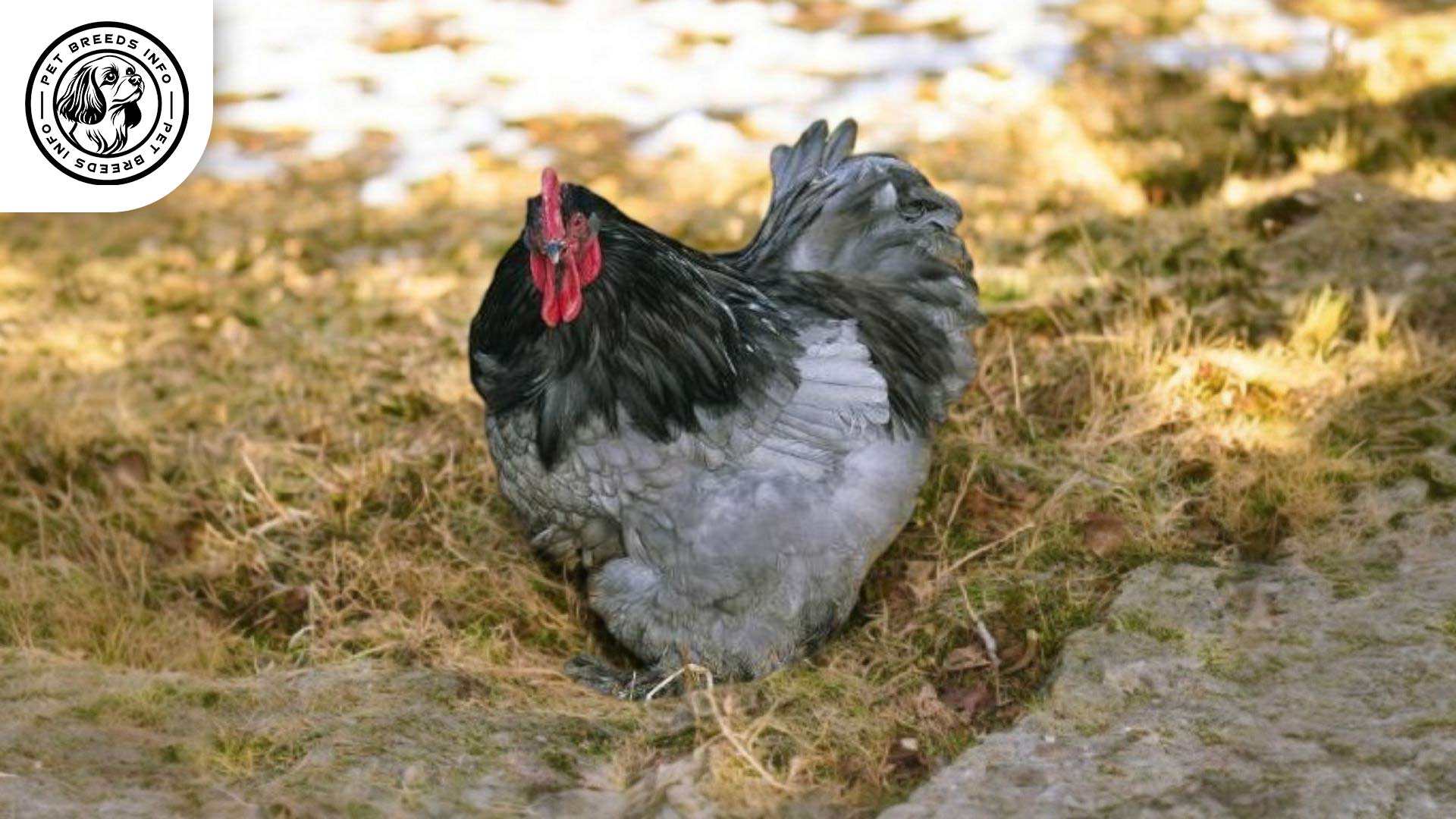
Price and Availability
The price of a Cochin Chicken varies depending on the breed quality, color, and whether it is a rare variety. Typical prices range from $5 to $30 per chick.
Show-quality Cochins or rare color varieties may cost significantly more, reaching $50 to $100 per bird.
When purchasing, it is best to source Cochins from reputable breeders or specialized hatcheries. Adoption from backyard poultry rescues is also an option for those looking to provide a home to chickens in need.
Conclusion and Final Thoughts
The Cochin Chicken is an ideal breed for poultry enthusiasts looking for calm, friendly, and ornamental chickens. Their fluffy plumage and relaxed temperament make them beloved among both breeders and backyard flocks.
Read More: Palm Cockatoo Bird
They are well-suited for families, children, and even beginner chicken keepers due to their easygoing and low-maintenance nature.
Potential owners must consider their susceptibility to heat and the need for regular grooming due to their feathered legs.
Overall, the Cochin Chicken is a fantastic breed for those who appreciate its beauty and docile personality, making it a wonderful addition to any poultry-loving household.
FAQ
What makes the Cochin Chicken unique?
Its large size, full feathering (even on legs and feet), and calm, affectionate temperament make it stand out.
Are Cochins good for beginners?
Yes, their docile nature and low-maintenance needs make them ideal for novice chicken keepers.
What environments suit Cochin Chickens best?
They do well in spacious coops and secure outdoor areas, with proper ventilation in warm climates.
Are Cochin Chickens good with kids?
Absolutely—they’re gentle, enjoy human interaction, and rarely show aggression.
Can Cochins tolerate all climates?
They are cold-hardy but struggle in hot weather; shade and ventilation are crucial in summer.
